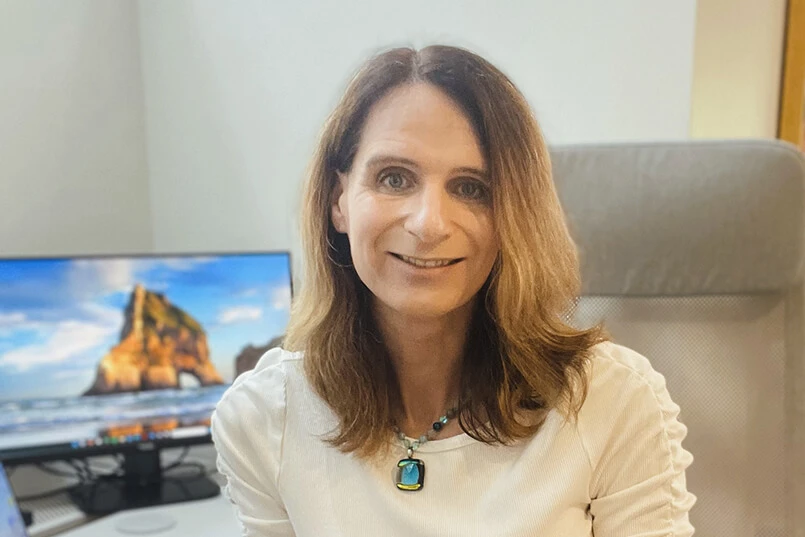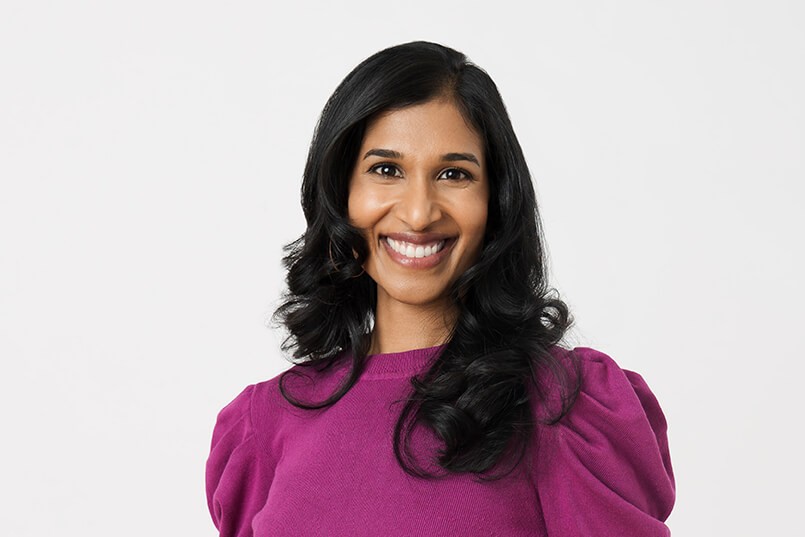I was recently invited to speak at the Miami Ad School in New York to the students undertaking the 2 Year Creative Program and the Strategy Planning Boot Camp. This was an audience of young people looking to start their career in the advertising industry. The brief was to share my career, but instead I decided to share with them the valuable lessons I have learned during 35 years in advertising, including 15 years as an agency creative and almost 20 years with TrinityP3.
It was interesting because when I started thinking about what that advice would be, I realised it is a conversation that we rarely have in the industry – and that is all about the money, the money, the money.
- How advertising agencies make money
- How you can earn the money from the agency
- How to keep the money you earn
Yes, I know that at TrinityP3 we talk a lot about agency fees, but these conversations are usually with senior marketers, procurement teams and agency senior management. It is rarely a conversation held with the people working in the agencies. So for those intending or about to work in advertising, here is an important and uncommon conversation. But even for those working in advertising it may be an enlightening conversation too.
Let me do this in the order I delivered it on the night in Astoria, NY.
How to keep the money you earn
How many older agency creative people do you think are driving an Uber today? Okay perhaps not an Uber, but definitely are no longer working in an agency? This is why every agency person needs a Plan B or should be on the look out for a Plan B. After all, it is well publicised that the advertising industry is incredibly ageist and that except for a handful of people that reach the upper echelons of the industry, a large majority end up working in either other professions or smaller creative businesses.
The Plan B I am talking about could be starting your own agency, like David Droga, but again only a small number of creative people achieve that type of success with their own business. But the audience was made up of wide-eyed 20 somethings, so for perspective, I explained that their career would be somewhere between 20 – 30 years and while that seems like a long time, the truth is that at 40 or 50 years you still have another 20 – 30 productive years in front of you.
The other problem is while advertising can pay very well for those lucky enough to have the talent and opportunities, many in advertising will find the cost of their lifestyle increases with their promotions and pay rises. Then when the inevitable redundancy comes they do not have the financial security to stop work and so find themselves having to work, rather than wanting to continue working.
That is why my next advice is, when you start working, get a financial plan and stick with it to make sure you can still enjoy life, but also build the financial security so you do not end up being seen as too old and yet still having to work. Life is a balancing act.
How advertising agencies make money
I asked the audience hoping for this answer and got it. “By creating stuff”. Well no. Most agency fee models are based on making money by marking up the salaries paid to their staff and charging this on to the client. In the financial arrangements people are called FTEs (or Full Time Equivalents).
Basically you will get an annual salary plus benefits (known as direct salary costs) for working for a year. Now the agency will want to be able to charge out you on a hourly, daily or annual basis at the cost of your salary plus a multiple (called the direct salary cost multiplier). The multiplier is to recover the overhead costs of the agency and a profit margin objective.
The other consideration is the number of hours you can be billed out in a year. This can vary between 1600 – 1800 hours per year. Let’s take 1800 hours as this is like 45 weeks at 40 hours per week. (The reason it is 45 weeks is there are public holidays, holidays etc). But if you work 12 hours a day at the agency instead of 8 hours a day the agency can often bill you out for 50% more and this is all revenue as most agencies do not pay overtime making you about 50% more valuable.
To make this easier to understand we have provided online calculators here or you can download a free iOS app here.
The next consideration is your title as most of these deals are not based on your actual salary as this is confidential information. Instead they use salary ranges based on titles. Therefore many young people get excited when they get a succession of promotions early in their career, with only a modest salary increase. This is known as a title promotion as while it is cool to tell your friends and family that you are a senior creative at the agency after only a few years, the fact is that puts you in a much higher salary bracket for the client than the salary you may be being paid.
So while you are busy “creating stuff” the fact is the agency makes money by effectively on-selling your time to the client. Understanding how you create value for the agency is important in developing and progressing your career.
How you can earn the money from the agency
There are three main phases of an agency career: getting a job, getting promoted, and then keeping your job.
Talking to a room full of young, enthusiastic and talented young people they appeared to be hoping the industry was waiting to embrace them. Unfortunately it is not that easy and any young person wanting to work in advertising needs a strategy to get in because talent alone will not do it. It took me six months of hawking around the industry and a targeted Direct Mail campaign to get my first job.
Identify the agencies you want to work at and then target those agencies like Alec Brownstein who used a $6 Google Adwords campaign to get a job in advertising.
Once you get through the door make sure you have a job that is generating revenue (that is billable) and not a job that makes you an overhead cost (non-billable). Now is the time to start building your profile in the agency and the industry. Many creative people think that the only way to do this is winning awards, and while this is the most common strategy, it is not the only strategy.
It is also important to make sure you are adding to the business including getting involved in winning new business, having happy and high performing clients and having a good ratio of billable hours, especially in agencies that still use timesheet systems to charge their clients. Make sure you ask for a promotion and a pay rise on a regular basis. But be careful parlaying an approach from another agency into a big pay rise, unless you are willing to go to the other agency should they call your bluff.
Once you get promoted to the senior role such as Creative Director, Executive Creative Director or Chief Creative Officer, make sure you secure your position. That is not just fulfilling the creative role but also building a reputation and a way of working that attracts talent to the agency, attracts clients to the agency and keeps clients at the agency. Hopefully this will set you up for success.
Just remember the money, the money, the money.
On that front, one of the best pieces of advice I was ever given on this was from a senior art director, Grahame Dingle, who told me the most important person in the agency to befriend is the Finance Director, not the Executive Creative Director.
He said on your first day at the agency make sure to introduce yourself to the Finance Director and invite them to lunch. Then make sure you extend an invitation to them to attend all of the creative department events, from Friday lunch (it was the eighties) to the award night and the photographer Christmas party.
Why? Because most people do not make the effort, so when you do it makes a difference. After all, they are the one that ultimately approved all of your expenses and when it is time to leave the agency, especially if not by choice, they will look after you on the way out the door. Worked every time and even helped fund my Plan B.
So good luck with your brilliant advertising career.
TrinityP3 has developed new ways to solve new and complex marketing problems. What are your marketing challenges? Find out how we can help here




